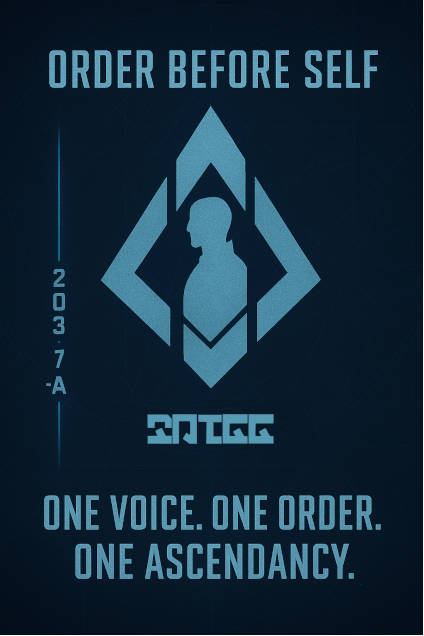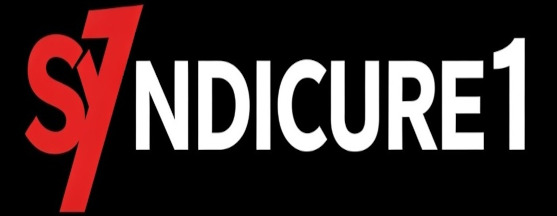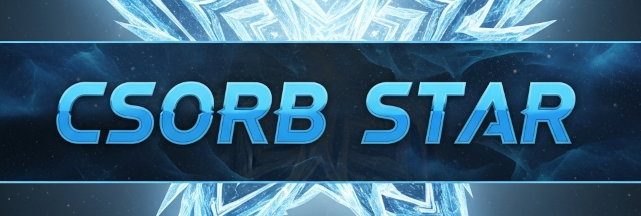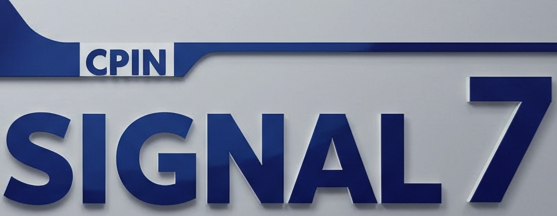
One of many displays at the Office of Civil Disorder and Integration…
On Identity, Duty, and Citizenship in the Chiss Ascendancy
Office of Civil Order and Integration | Ascendancy Directive 203-7-A
The Chiss Ascendancy maintains a singular truth as the cornerstone of its societal philosophy:
“The role supersedes the individual. The position serves the Ascendancy; the individual serves the position.”
From the earliest days of instruction, Chiss citizens are taught to subordinate personal identity to institutional responsibility. It is not the name of the citizen that holds authority, but the function they fulfill. When seeking guidance or requesting service, one does not address the individual by name—such a gesture would presume a level of familiarity inappropriate to formal contexts. Instead, one must refer to the individual by their station, rank, or assigned capacity. This is not a matter of etiquette; it is a reflection of a core belief: society is preserved not through personal distinction, but through disciplined adherence to structure.
Access and Recognition of Citizenship
All native-born Chiss are, by default, considered Citizens in Good Standing unless otherwise designated. Citizenship is not merely a birthright; it is a civic relationship of mutual obligation between the individual and the Ascendancy.
For non-Chiss petitioners, the path to recognition is one of merit and service.
The Citizenship Trials are a formalized period of evaluation lasting no more than 12 Ascendancy-standard months, during which the applicant must serve under the direction of an approved civil, military, or administrative office. Only upon successful completion may full civic status be granted.
Tiers of Chiss Citizenship
The Chiss Ascendancy recognizes the following formal designations of citizenship status:
1. Ascended Citizens
Chiss who reside within Ascendancy-controlled territories and actively contribute to its institutions, defense, research, or governance. These individuals hold full civic rights and may be called upon for service at any time.
2. Diaspora Citizens
Chiss residing or working beyond Ascendancy space. While still citizens, their allegiance is viewed as divided, and thus their influence on internal policy is restricted as they can hold no official positions within the Chiss Ascendancy.
3. Expatriates
Chiss who have declined offers of formal Citizenship, yet have committed no breach of law. Though permitted to retain cultural ties and are afforded a degree of protection under interstellar codes, they are not extended the full privileges of citizenship.
4. Exiles
Individuals who have violated Ascendancy law or otherwise acted in defiance of its societal principles. These persons are in Bad Standing, stripped of citizenship, protections, and status. Contact with Exiles is strongly discouraged; their names are removed from public record, and their legacies are nullified in accordance with Directive 47-Silent Verdict.






